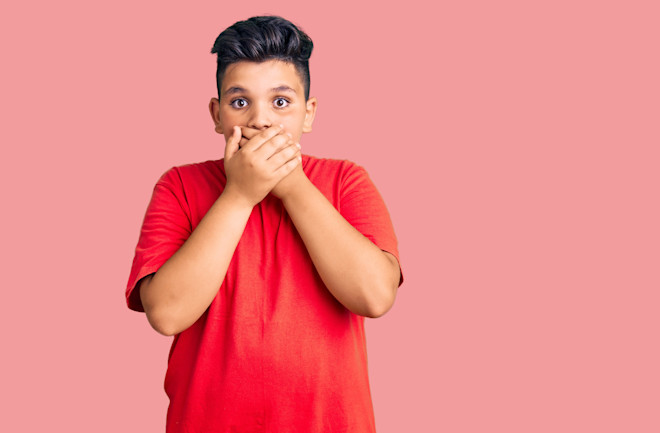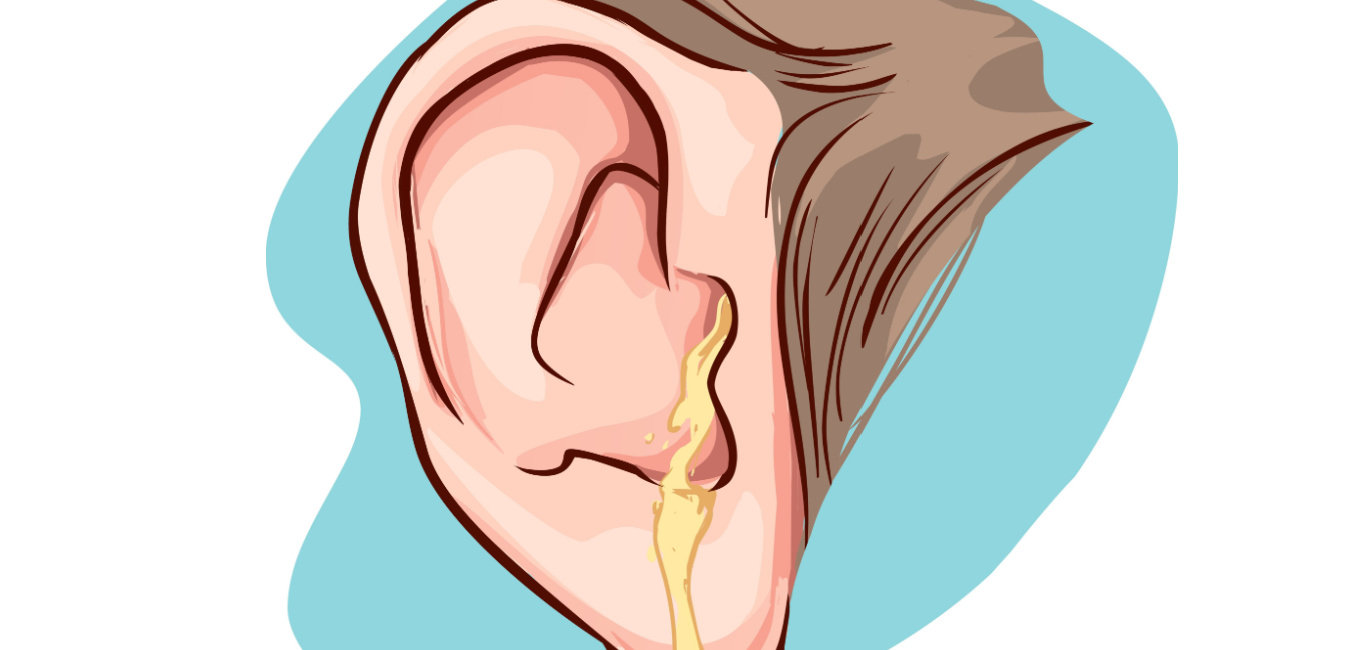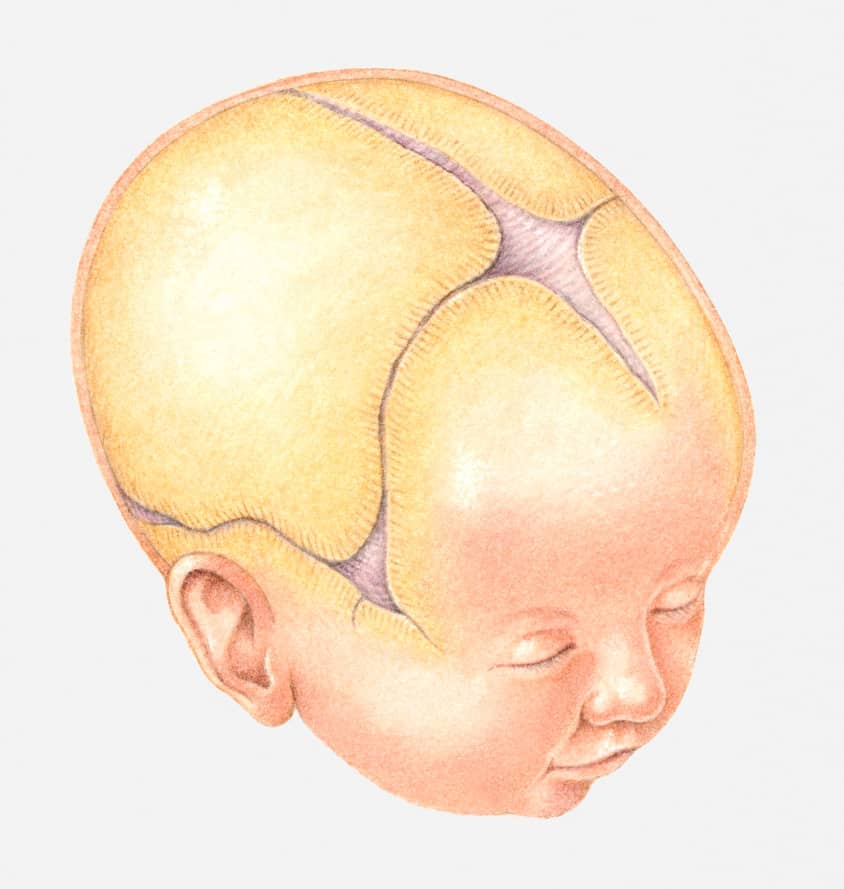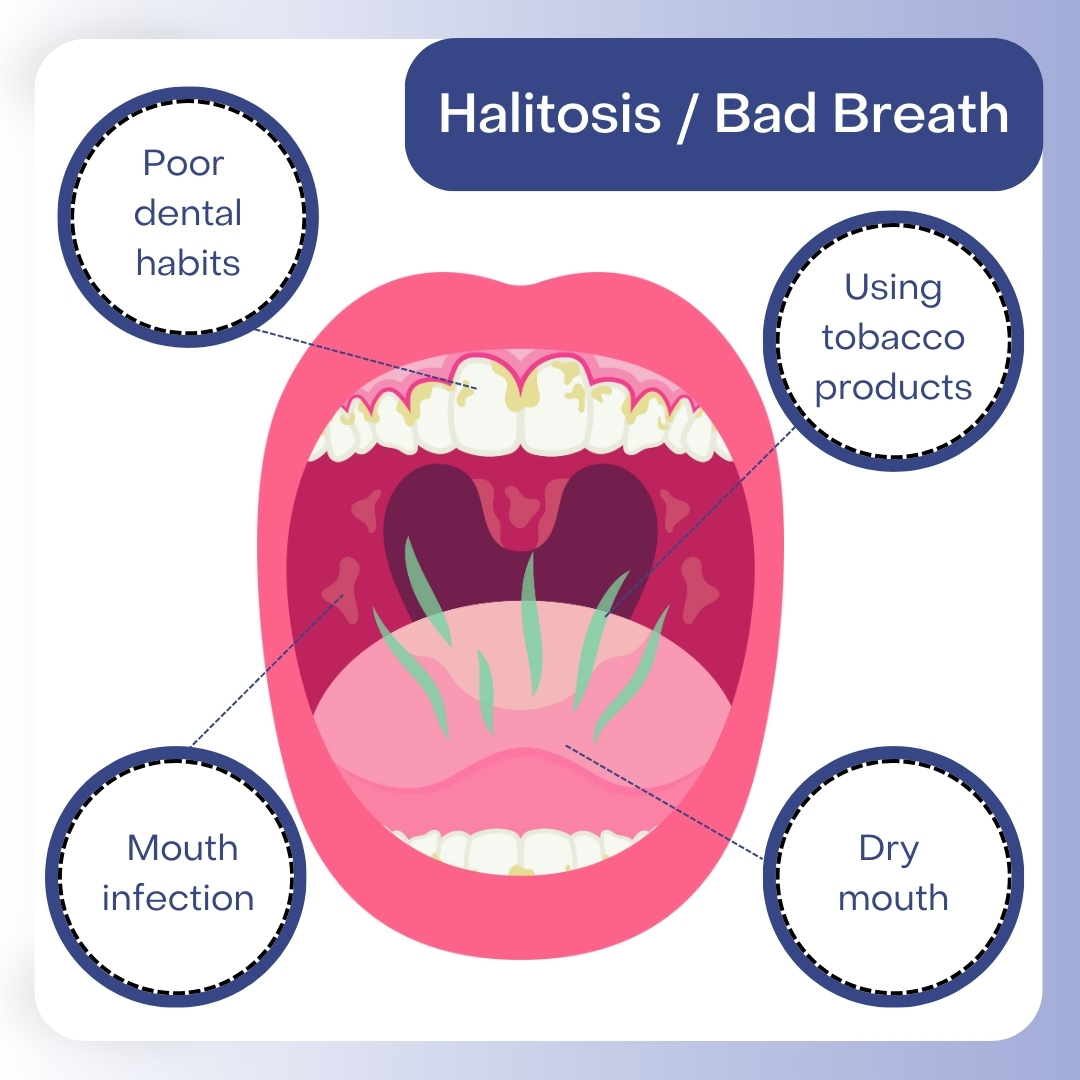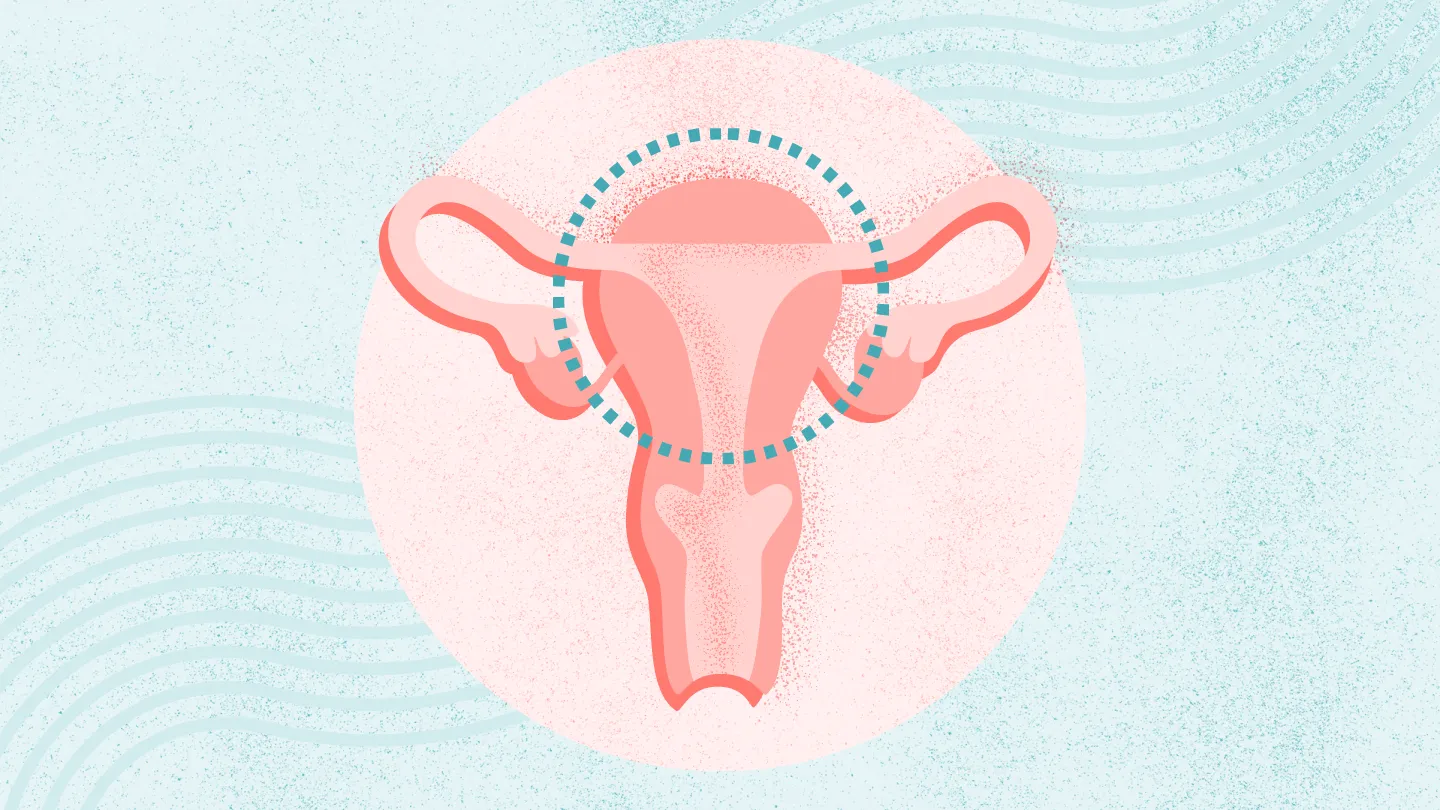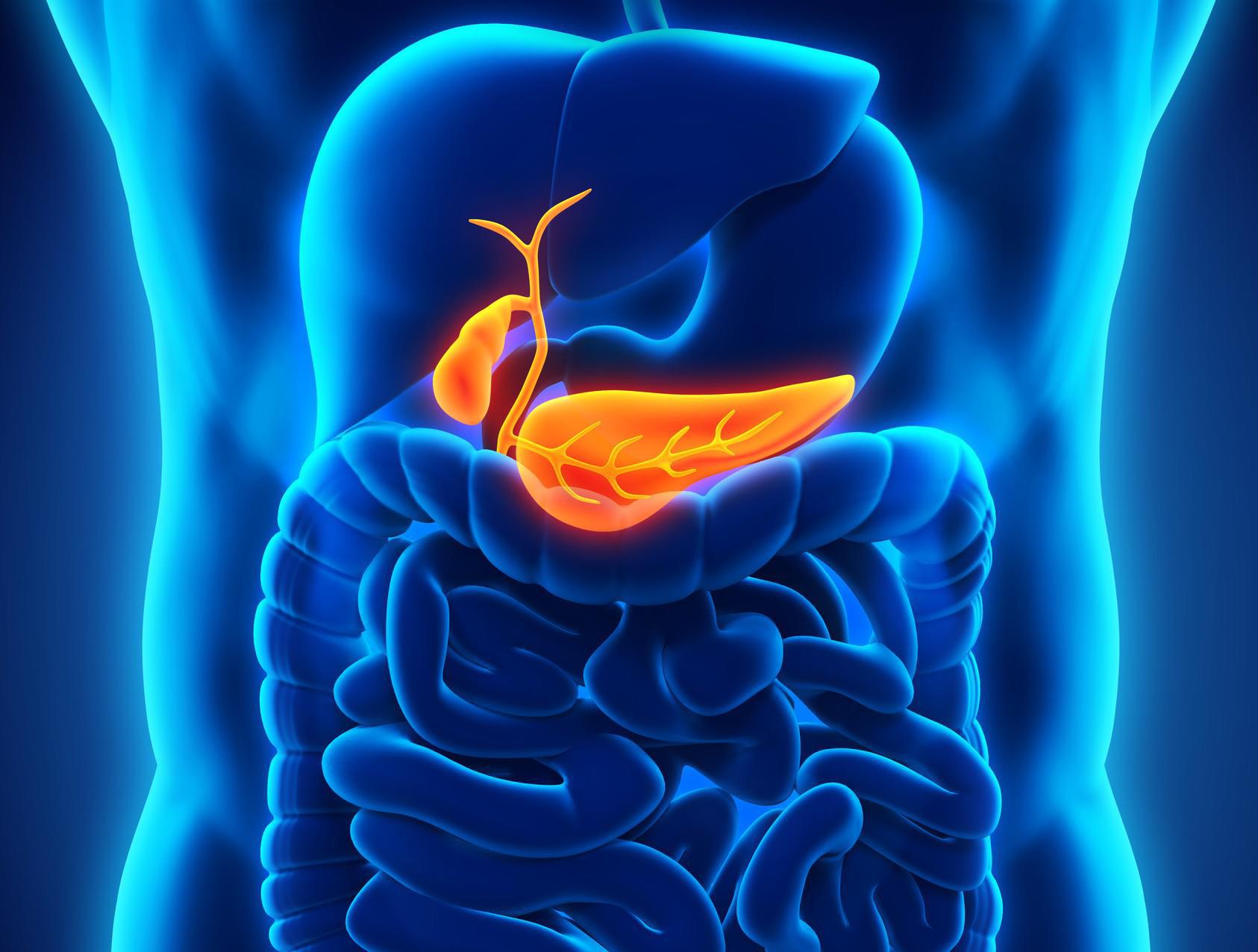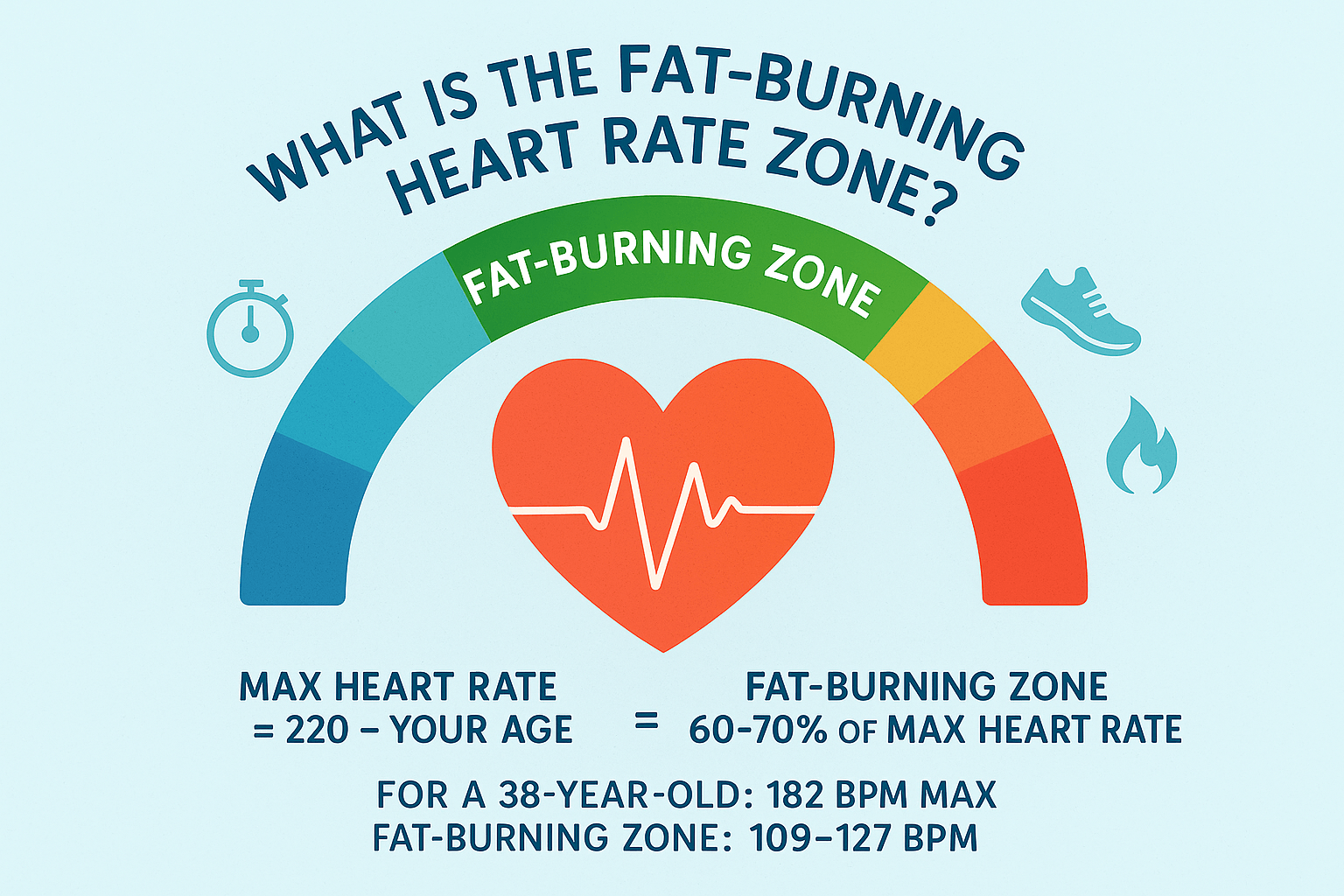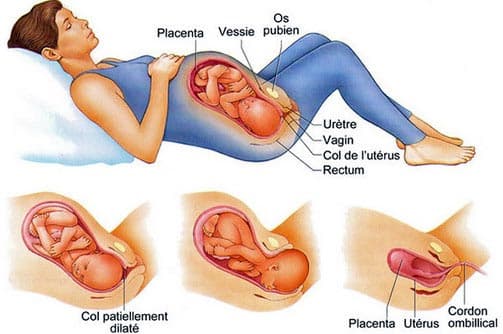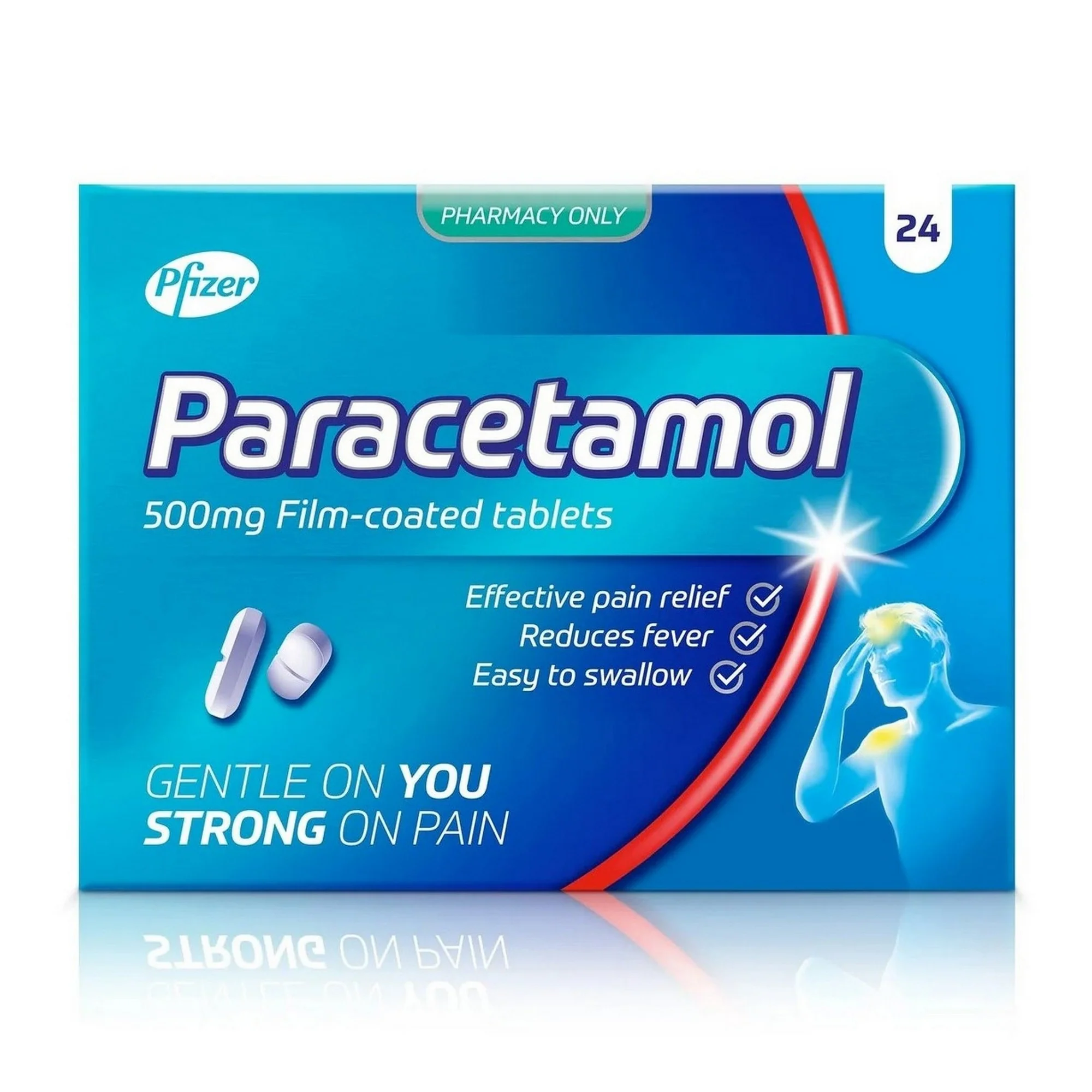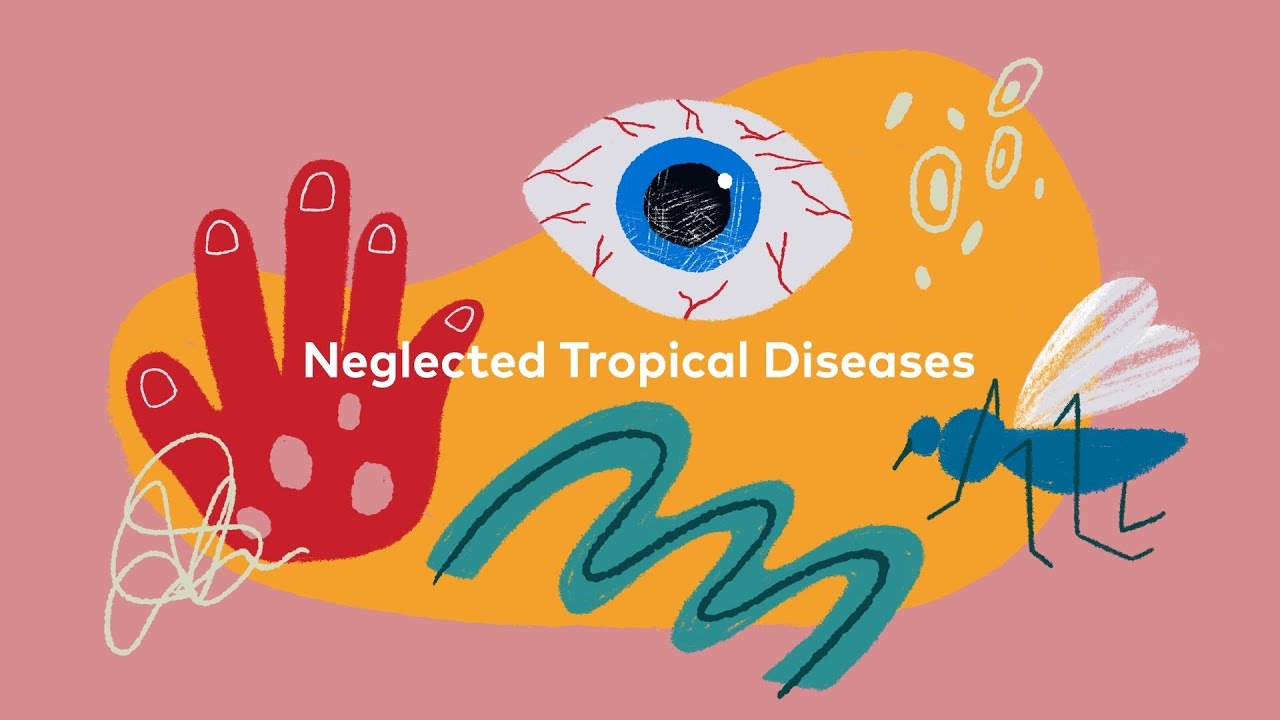Hiccups are a common and generally harmless phenomenon that most people experience from time to time. While typically short-lived and benign, hiccups can become uncomfortable or even painful if they persist for an extended period. In such cases, a medical evaluation and treatment may be necessary.
❓ What Is a Hiccup?
A hiccup is an involuntary spasm or contraction of the diaphragm—the muscle that helps you breathe. This sudden movement is followed by a quick closure of the vocal cords, producing the classic "hic" sound.
Common Triggers Include:
-
Overeating or eating too quickly
-
Spicy or hot meals
-
Swallowing air while eating or chewing gum
-
Consuming carbonated or alcoholic drinks
-
Irritation of the esophagus (e.g., acid reflux)
👶 In infants, hiccups often occur after feeding (breast or bottle), typically before burping. Children are also more prone to hiccups, especially if they eat too eagerly.
❗ Hiccup Symptoms
Hiccups are characterized by:
-
Involuntary, repeated diaphragm contractions
-
Sudden expulsions of air from the lungs
-
Closure of the glottis resulting in the distinct hic sound
-
May be painful, especially when occurring during inhalation
-
Can happen up to 60 times per minute but usually stop on their own
⚠️ Complications of Persistent Hiccups
Although hiccups are usually harmless, persistent hiccups (lasting more than 48 hours) can lead to:
-
Fatigue and insomnia
-
Difficulty eating or drinking
-
Weight loss
These cases are rare but should be taken seriously.
🔍 What Causes Hiccups?
The primary cause is irritation of the phrenic nerve, which controls the diaphragm. Common triggers include:
-
Overeating, spicy foods, or eating too quickly
-
Swallowing air or drinking fizzy drinks
-
Acid reflux or esophageal irritation
-
Stress or emotional excitement
Less Common Causes:
-
Gastric ulcers
-
Throat or voice box diseases
-
Hiatal hernia or pleurisy
-
Phrenic nerve compression
-
Certain infections, toxins, or medications
💊 Medications That May Trigger Hiccups
Though rare, some medications are known to cause hiccups. These include:
-
Corticosteroids (anti-inflammatory drugs)
-
Opioid painkillers
-
Antibiotics
-
Dopaminergic drugs
-
Chemotherapy medications
-
Benzodiazepines (e.g., diazepam)
Hiccups triggered by medications often begin after several doses and stop when the treatment is discontinued.
✅ How to Prevent Hiccups
To reduce the risk of getting hiccups:
-
Eat slowly and calmly
-
Avoid overeating or consuming overly spicy foods
-
Limit carbonated beverages and chewing gum
-
For infants: ensure they don’t feed too quickly, avoid swallowing too much air, and encourage burping after feeding
-
Teach children to eat at a moderate pace
💡 Remedies: How to Stop Hiccups
Try these simple techniques to get rid of hiccups:
-
Deep Breathing: Inhale deeply and hold your breath for as long as possible, then exhale slowly. Repeat up to 10 times.
-
Drink Cold Water: Quickly drink a glass of cold water without breathing.
-
Relax: Stay calm and avoid laughing or coughing right after the hiccup episode.
-
For Children: Ask them to hold their breath, gently tickle them, or have them drink water with their head bent forward toward their chest.
🩺 When Should You See a Doctor?
Seek medical advice if:
-
Hiccups last longer than 48 hours
-
They occur frequently without a clear reason
-
They are accompanied by chest pain, vomiting, fever, abdominal pain, regurgitation, or difficulty breathing/swallowing
💬 Final Thoughts
Although often trivial, hiccups can occasionally signal an underlying issue if they persist. By understanding the causes and remedies, you can manage them effectively and know when it’s time to seek help.
👍 If you found this article helpful, don't forget to like and share it with others!
